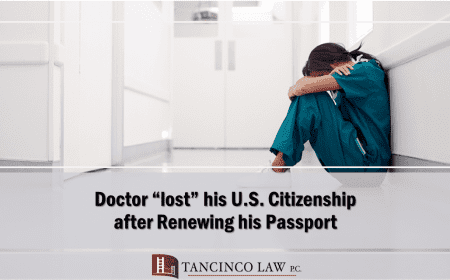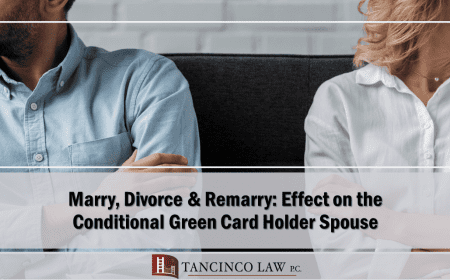Creditors can run after debtors’ properties to satisfy their unpaid debts. However, many debtors are under the mistaken impression that creditors can just go after their assets or garnish their wages the moment their credits are left unpaid. That is not so.
In order to attach a property or garnish a debtor’s wages, Creditors must first file a lawsuit in court and win that lawsuit against the debtor. Only after so many months of failed collection efforts, do creditors normally file a collection action in court. You, as the debtor, will then have 30 days to file an Answer in court. Depending on which county the court action is filed, it will then take a few more months before a case can be set for hearing. A judgment, if any, will then have to be issued against the debtor. Once judgment is issued against a debtor there is another 30 more days to appeal before the judgment becomes final.
Thus, at the very least, debtors will have 6 to 12 months of warning that a judgment against them is coming and their properties taken to pay that judgment. This gives the debtor a lot of time to do something before their property is attached or wages are garnished. As long as debtors do not ignore their problem at the early stages, there is really no reason for their properties to be attached or their wages to be garnished as there is more than enough time to prepare and prevent their properties from being taken. For example, the debt can be disputed, or, payment arrangements can be made with the creditor, or, bankruptcy protection can be sought in cases where debtor can no longer afford to pay the debts.
There is an exception, however, in cases of secured debts. The vehicle in a car loan, for example, can be taken by the creditor immediately even without a court judgment if a debtor is delinquent. Thus the car can be repossessed by the lender even without going to court.
In cases where the court issues a judgment against the debtor, all may still not be lost as the law still allows a debtor to claim some properties as exempt from execution. When a debtor receives a notice that his property is being attached, the debtor has 10 days to deliver a Claim of Exemption to the Sheriff. The form describes the property and explains why the property cannot be attached. Among others, you can claim exemption for:
– up to $75000 in equity in your home if you are part of a family unit ($50,000 if you are single) and $150,000 if you are 65 or older, disabled or on a low income
– A $2,300 equity in one or more cars
– Up to $6,075 in tools and other items that you need for work
– 75 percent of your salary for the last 30 days of wages that have not yet been paid
– Up to $2,525 each in a bank account in which your social security payments have been directly deposited
– You and your spouse may also claim exemption for household furnishings and clothing that the family needs
– A cemetery plot
– All or part of retirement, disability and health insurance, workers compensation, welfare unemployment, union and other benefits that are needed to support your family.
Thus attachment and garnishment of their properties and wages is not something that needs to happen as long as debtors do not ignore the problem. Debtors in financial trouble just need to be aware of their rights and the available remedies that the law gives to them.
(DISCLAIMER: material presented above is intended for informational purposes only. It is not intended as professional advice and should not be construed as such. Rey Tancinco is a partner at Tancinco Law Offices, a professional corporation with offices in San Francisco, Vallejo, and Manila. The law office website is at: tancinco.weareph.com/old. Rey Tancinco can be contacted at (800) 999-9096 or (415) 397-0808 or via email at: attyrey@tancinco.com




